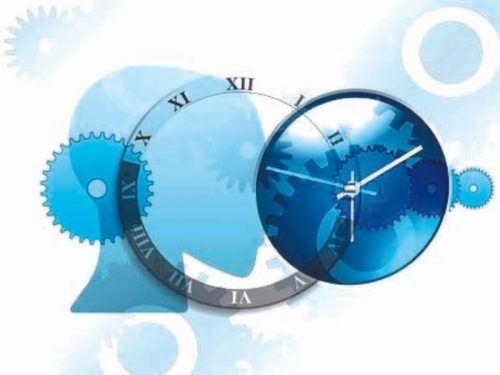The moving spirit of zeitgeist
-Roopa Banerjee
Zeitgeist defines the spirit of an age or time period denoted by ideas, beliefs, literature, philosophy, etc of that period. The word coined in the 17th century comes from the German zeit i.e, time and geist which means spirit.
Zeitgeist is a useful literary tool for writers as it conveys popular thinking of a given time period or iconic moment. It makes books and films written about a particular period in history real and authentic.
A good example is the Neapolitan series My Brilliant Friend by Elena Ferrante. This series is set in Italy of the 1930s through the 70s with each book brilliantly depicting the zeitgeist of the time. The story revolves around the angst of female emancipation and political violence in Italy through the 1930-70 decades.
Similarly, the zeitgeist of England in the Victorian age was faith in industrial growth, and in the United States of the 1980s, characterised by consumerism.
The 1920s in America were termed the Jazz Age, Age of Intolerance, and Roaring Twenties. Books/films set in the 1920s depict this zeitgeist. For instance the novel The Great Gatsby by F. Scott Fitzgerland captures the spirit of the roaring twenties. The movie Great Gatsby directed by Bazz Luhrmann in 2013 similarly gives prominence to the flash and opulence of the jazz age. Similarly, Woody Allen’s film Midnight in Paris is a nod to the razzmatazz of the 1920s with screen interactions with Ernest Hemingway and Gertrude Stein. Ditto The Boy in the Striped Pyjamas set in Germany of the 1940s captures the zeitgeist of World War II.
In India Bollywood movies such as Lagaan and Zubeida effectively capture India of the 1930s while Hare Rama Hare Krishna depicts the spread of hippie culture in India in the 1970s. Whenever viewers/readers observe that a period drama/book transported them to another time, they are experiencing the magic of zeitgeist.
Literature is replete with zeitgeist examples. Breakfast at Tiffanys by Truman Capote is set in the New York of 1940s. Mafia gangsters and martinis flowing in cocktail hours set the tone for this book. Another example is The Bell Jar by Sylvia Plath set in the New York of the 1950s.
Zeitgeist plays an important role in helping readers/viewers learn and understand the mistakes and errors of the past. Although we cannot go back in time, zeitgeist books and films serve as virtual time machines. Understanding history owes a lot to zeitgeist.
Exercise
Name the authors of these zeitgeist books:
1. 1984
2. The Naked Ape
3. Zen & The Art of Motorcycle Maintenance
4. A Clockwork Orange
Answers:
1. George Orwell
2. Desmond Morris
3. Robert Pirsig
4. Anthony Burgess
















Add comment